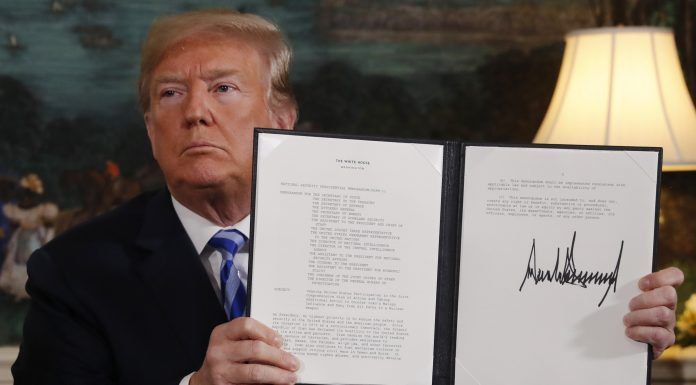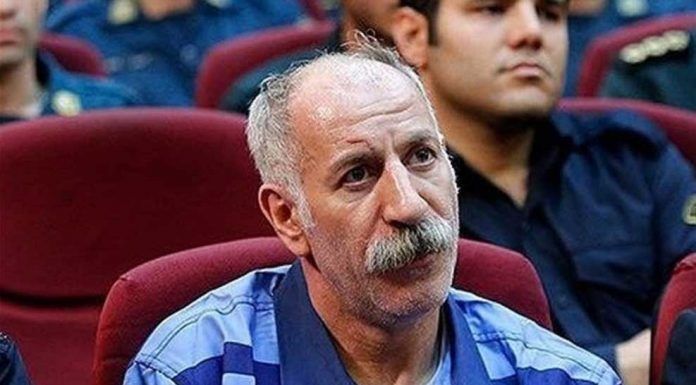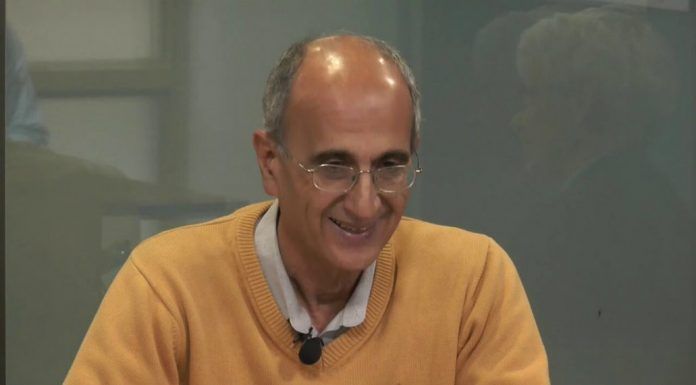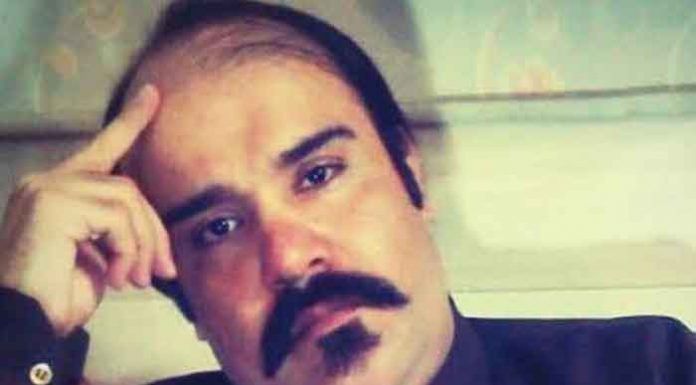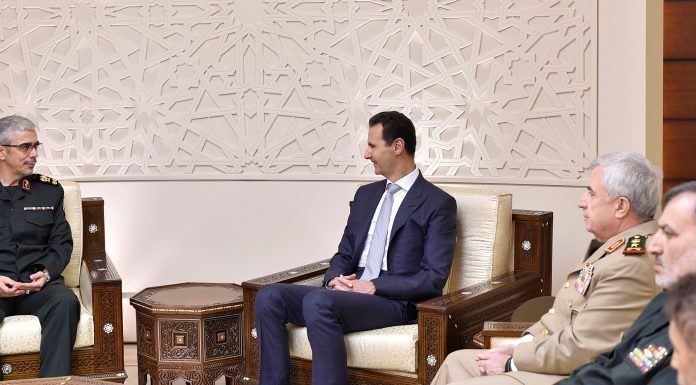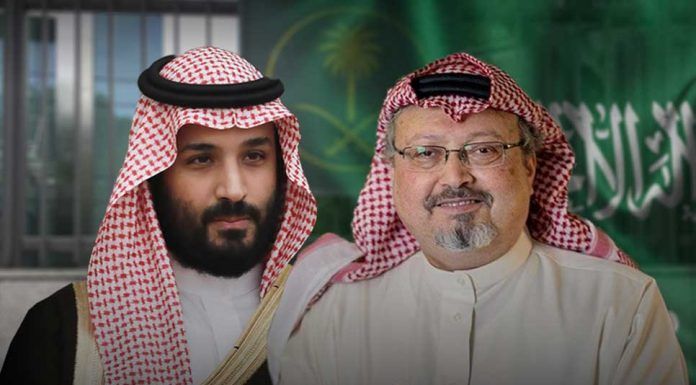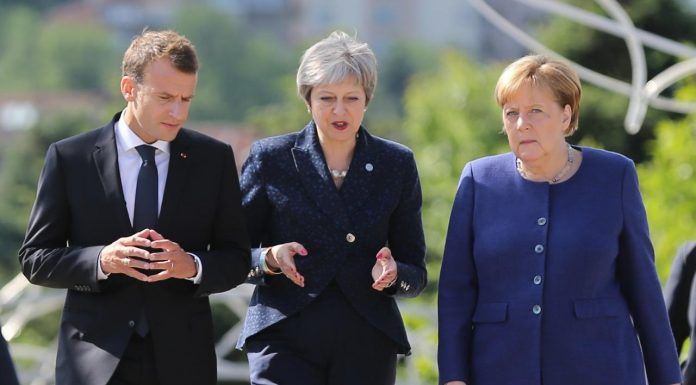By Ahmad Rafat
The year 2018 was arguably the most tumultuous year for the Islamic Republic since its inception nearly four decades ago. It started with nationwide unrest and street protests which persisted throughout 2018.
The workers at Haft Tapeh Sugarcane Plant, in the southern province of Khuzestan, marched in February demanding their unpaid wages. In the same month, the depositors of the Caspian Financial Institute, who lost their life savings when the company went bankrupt, took to the streets in protest after President Hassan Rouhani failed to fulfill his promise to return their investment.
Truck drivers around the country went on strike in September protesting low pay, increasing operating costs, and road usage fees. Strike action was also called by the Iranian Teachers’ Trade Association in October to protest the lack of a government response to the association’s demands and the mistreatment of its members by the security forces and the Judiciary.
These massive protests by people from all walks of life and professions led to the formation of a formidable national solidarity movement against the failed economic and social policies of the government and the Islamic Republic regime.
One of the more significant events of the year was the U.S. withdrawal from the 2015 Joint Comprehensive Plan of Action (JCPOA), better known as the Iran nuclear deal, in May. The U.S. Department of Treasury’s re-imposition of the sanctions prompted many European and Asian companies to end their economic and trade agreements with Iran for fear of being penalized by Washington.
The second set of U.S. sanctions which went into effect in early November targeted Iran’s banking, shipping, shipbuilding and oil and gas sectors. Iran’s oil exports dropped in November from two million barrels a day to less than a million.
The new set of sanctions also created a volatile foreign exchange market that caused the rial to fall to the all-time low of 150,000 rials to a dollar. At the same time, gold prices rose significantly. The rial regained some of its value by December but only after the government artificially stabilized the foreign exchange market.
President Hassan Rouhani’a government is facing an unprecedented budgetary deficit as the result of U.S. sanctions and the unpredictable foreign exchange market. The Iranian budget deficit has reached $9.2 billion since the end of March, according to the Central Bank of the Islamic Republic’s report released on December 16.
The rift between the regime’s various organs and the ruling elite has consistently widened throughout the year. In contrast, the opposition groups have been able to put aside many of their ideological differences and find common political ground.
The newly-found solidarity among the opposition groups has concerned the leaders of the Islamic Republic including the Minister of Intelligence Mahmoud Alavi who, during an open session of the Majlis (Iranian Parliament), said: “The U.S. and Israeli intelligence agencies are organizing and coordinating the opposition movements outside Iran. Various opposition groups have held 64 meetings outside Iran aimed at finding ways to undermine the Islamic Republic.”
Sadly, 2018 was also a year when the Islamic Republic continued its persecution and imprisonment of human rights activists, women who challenged the hijab law, Gonabadi Dervishes and people of Bahai faith. The regime also executed many political prisoners including but not limited to Gonabadi dervish Mohammad Salas, and three young Kurdish men: Ramin Hossein-Panahi and the Moradi brothers, Zaniyar and Loghman.
There were also otherswho died under suspicious circumstances while in custody or serving their prison sentence. Kavus Seyyed Emami, one of the seven members of the Persian Wildlife Heritage Foundation (PWHF) who were arrested by the authorities in February on charges of espionage, was found dead in his cell. Prison authorities listed suicide as the official cause of death.
Security forces arrested Mohammad Raji in February during clashes between anti-riot police and Gonabadi dervishes. According to the official report, Mr. Raji died after he fell into a coma due to “injuries and bleeding” he had suffered during the protest. Raji was a former commander in the Islamic Revolutionary Guards Corps (IRGC) who had served with honor in the Iran-Iraq War (1980-88).
In September 2015, a Revolutionary Court in Tehran sentenced Vahid Sayadi Nasiri to eight years in prison for “insulting the Supreme Leader” and “propaganda against the state.” He was released in March after serving two and a half years in jail but rearrested five months later. Nasiri had demanded his transfer from a high-security prison in Qom to a different city. He died on December 13 after spending 60 days on hunger strike.
US President Donald Trump dominated the news in 2018. Leaving the JCPOA, re-imposing sanctions against Iran, pulling out of the Paris Agreement on combating climate change and entering negotiations with North Korea are some of Mr. Trump’s more controversial foreign policy decisions in 2018.
U.S. Secretary of Defense James Mattis resigned a few days after Trump announced his decision to pull the American troops out of Syria. Many European countries, notably France, have expressed concerns over the decision, warning that the move will strengthen Russia’s influence in the region and hand Syria to the Islamic Republic on a silver platter.
Saudi royal family, one of the closest allies of the U.S. in the region, was embroiled in a controversy after the suspicious death of Jamal Ahmad Khashoggi (1958-2018), a Saudi journalist and Washington Post contributor who was murdered at the Saudi Arabian consulate in Istanbul on October 2. Mr. Khashoggi was also the editor-in-chief of Al-Arabiya News Channel and an editor for the Saudi Arabian Al Watan newspaper. On December 13, the United States Senate unanimously passed a resolution that held Saudi Crown Prince Mohammed bin Salman personally responsible for the death of Khashoggi.
Tragically, many war correspondents, reporters, and photojournalists lost their lives while covering stories around the globe. According to Reporters Without Borders, 65 journalists died while on assignment in 2018, with another three missing, 54 taken as hostages and 326 imprisoned.
In Europe, France experienced four weeks of continued violent protests over rising fuel prices, the high cost of living and government tax reforms. The “yellow vest movement,” named after the high visibility jackets worn by the protesters, has gained support among the working and middle classes in other parts of the world.
Meanwhile, British Prime Minister Theresa May’s Brexit deal with the EU has been severely criticized by many in her Tory party and the opposition Labour Party. Fearing that the British Parliament would reject the agreement in its current form, Mrs. May has delayed the vote until the middle of January. Most political and economic experts warn that leaving the EU without a contract will spell disaster for the UK.
So far, none of the many talks to end the wars in Syria and Yemen have resulted in ceasefire and the establishment of peace. The humanitarian crisis continues in both countries. The Islamic Republic is the main obstacle to peace in Syria and Yemen.
Translated from Persian by Fardine Hamdi


